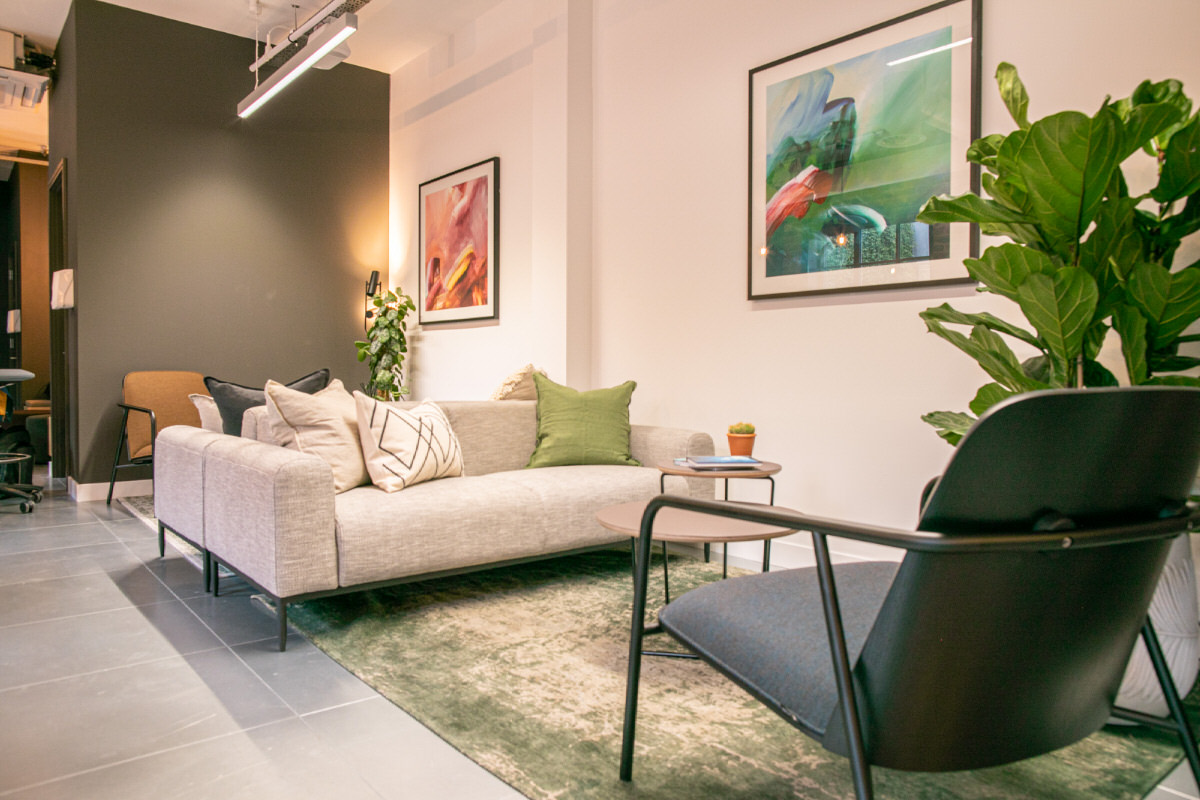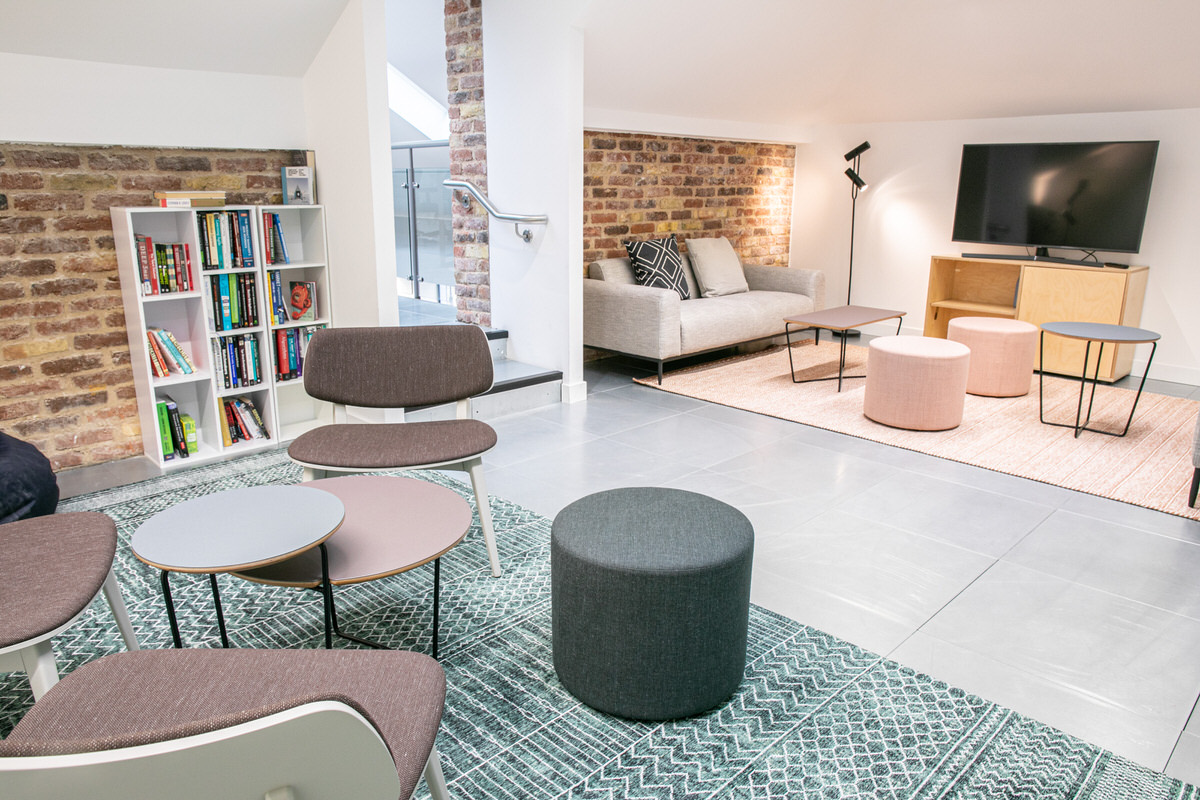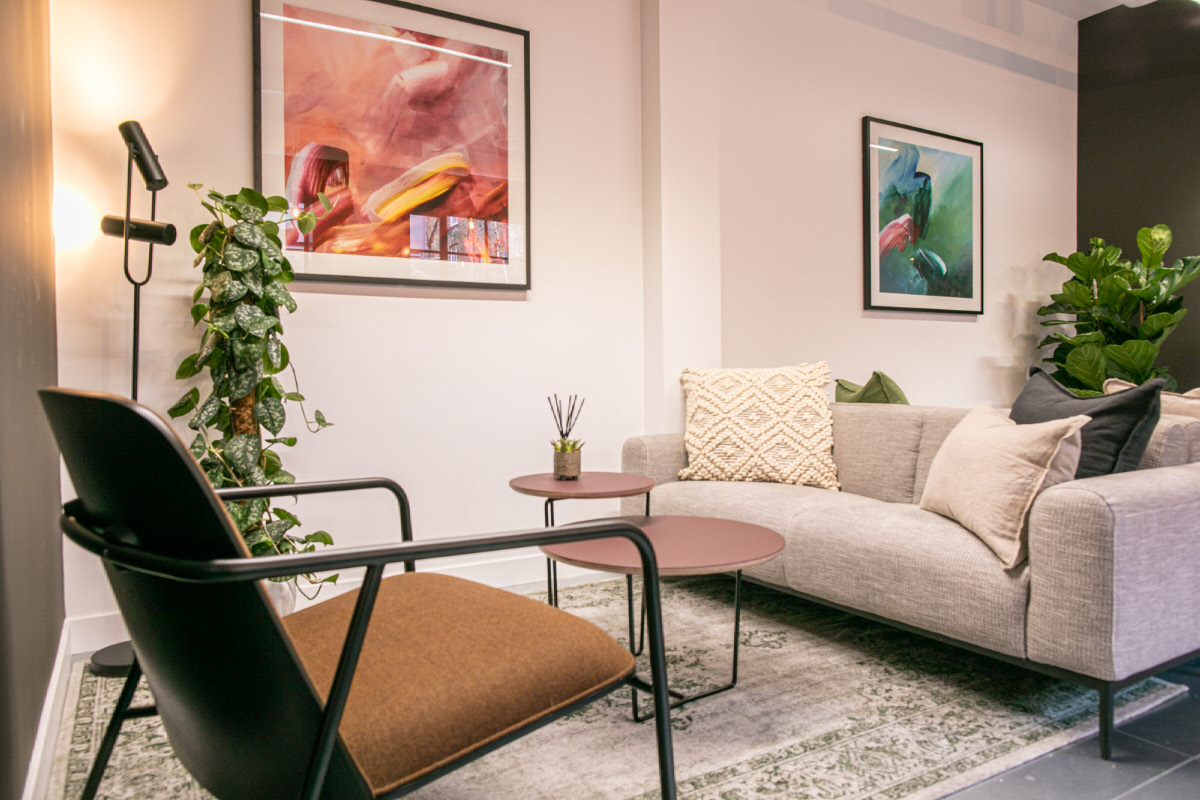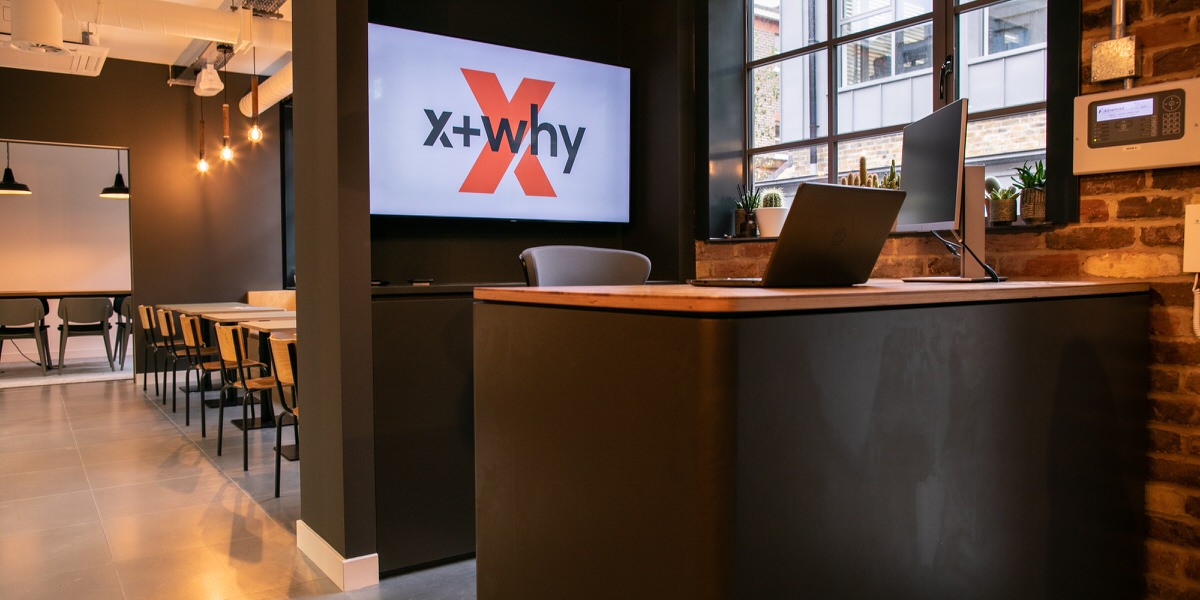The Future Of Office Design
The Covid-19 pandemic has transformed how and where people work. Landlords, property owners and organizations are having to reimagine the workplace and the role of offices in creating safe and productive environments for employees.
Has the pandemic forever changed the way businesses utilise office space?


Key Questions
- Will the implementation of flexible office space and working practices challenge the models of traditional commercial real estate?
- Will landlords with large spaces to lease find that clients no longer require as much square footage or have the desire to be tied to complicated long term contracts?
- Is there a race to compete with established brands who already successfully provide flexible office space?
Flexible Office Space
Flexible offices account for about 15.1 million square feet — or 5.5% — of London’s office stock, according to commercial property agency Cushman & Wakefield. The growing divide between coworking and traditional office space is now much more apparent among London’s largest landlords.
In its recent annual results, Landsec, a FTSE 100 landlord, continued to list serviced offices as risky occupiers, but suggested that remote working has led to a shift in space requirements, favouring cost conservatism and work/life integration. Are we now advancing towards a flexible office future?

Industry Change
The commercial property sector is a continuously evolving industry, which is adapting to follow the path of the modern working adult: technology driven, business savvy, and social. Coworking spaces allow companies to scale up or down without having to worry about the usual constraints, whilst still affording the benefits of office culture, face-to-face interaction and staff development. It is not too difficult to imagine a reality where businesses rent decentralised hubs and have smaller office spaces with a large proportion of their workforce operating flexibly, with fewer visits to the office for meetings and brainstorming collaboration sessions. The 5G revolution will further propel this trend, as improvements in internet connectivity and accessibility at home and in remote locations will continue to encourage decentralised working.
Anvil can help transform your space and adapt it to meet the changing industry landscape
Landlords who are considering changing their office space to a hybrid environment should always be mindful that income streams will be less predictable than traditional occupancy models. Offering a flexible space means that tenants pay via month to month membership or short term contracts, which can make the task challenging for property managers who lack familiarity with this aspect of the industry. Common concerns that often prevent entry into the coworking world include, ‘How are we going to manage it?’, ‘With all of these people coming in and out, won’t we need more security?’, ‘How should we layout our space?’, ‘What features do we need to factor into our refurbished building to attract the right tenants’. Anvil can answer these questions and advise you how best to reimagine your space.
Recently, Anvil’s expertise helped award-winning flexible workspace provider X+Why create a successful co-working environment at their site in Spitalfields, London:
X+Why Coworking Office Space
Anvil completed the refurbishment of an 11,4000 sq. ft. coworking environment for X+Why that provides space for businesses that are either hesitant to commit to a traditional office lease or property purchase, or simply relish the ability to collaborate and work among a like-minded community. The space delivered all of their client’s needs and provides each organization with an agile workplace that can shrink and grow depending on their headcount, with an all-inclusive cost and a flexible contract.
Located at Huguenot Place in Spitalfields, within the London borough of Tower Hamlets, the X+Why building provides an abundance of different work areas, with quiet sections for focus and collaborative spaces for creativity and conversation. A wide variety of meeting rooms, ranging in capacity from 4 to 20 people are included, along with an event space for up to 120 participants. Acoustic phone booths offer a convenient and private area to take a call or video conference. Multiple coffee points and stylish kitchen facilities provide occupants with areas for breaks and refreshment.
The well-being of those using the space was always at the forefront of the design and refurbishment process. Ergonomic furniture and sit stand desks ensure optimal comfort for workers and with no desk more than five metres away from a window, an abundance of natural light is provided for all. A wide variety of foliage was installed throughout the offices and ample circulation space was carefully considered. Access to a bike rack, space for wellness activities, and fully-stocked showers/changing rooms have proven to be greatly appreciated by X+Why clients.
"Anvil promised a high level of dedication, service, and finish when we met to discuss Huguenot Place, and they very much delivered. A £500,000 contract value could have landed us in between smaller and larger contractors, so it was a relief to find someone like Anvil set up with the ability to deliver decent sized projects but with the mentality and commitment of a smaller firm. They did well to translate an architect led design intent, at a sensible budget. I would highly recommend them."
— Phil Nevin, Co-Founder + CCO

We Can Help
The COVID-19 pandemic has transformed how and where people work. Workplaces will have to cater for changes in the use of technology and data, balanced with the needs for flexibility and collaboration. The office as we knew it has changed and Anvil can help you to adapt.
If you would like to receive advice on reimagining your space, please talk to us. Let us help you embrace new ways of thinking, and create environments that attract top-tier talent and financial rewards.



